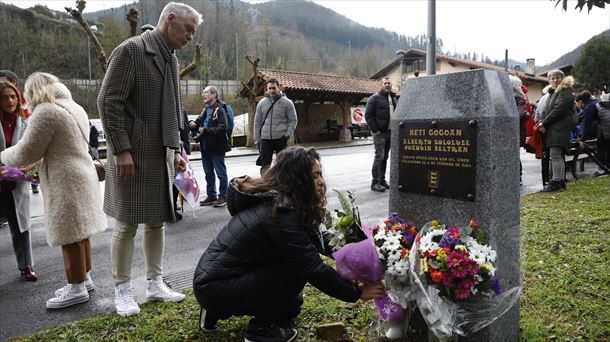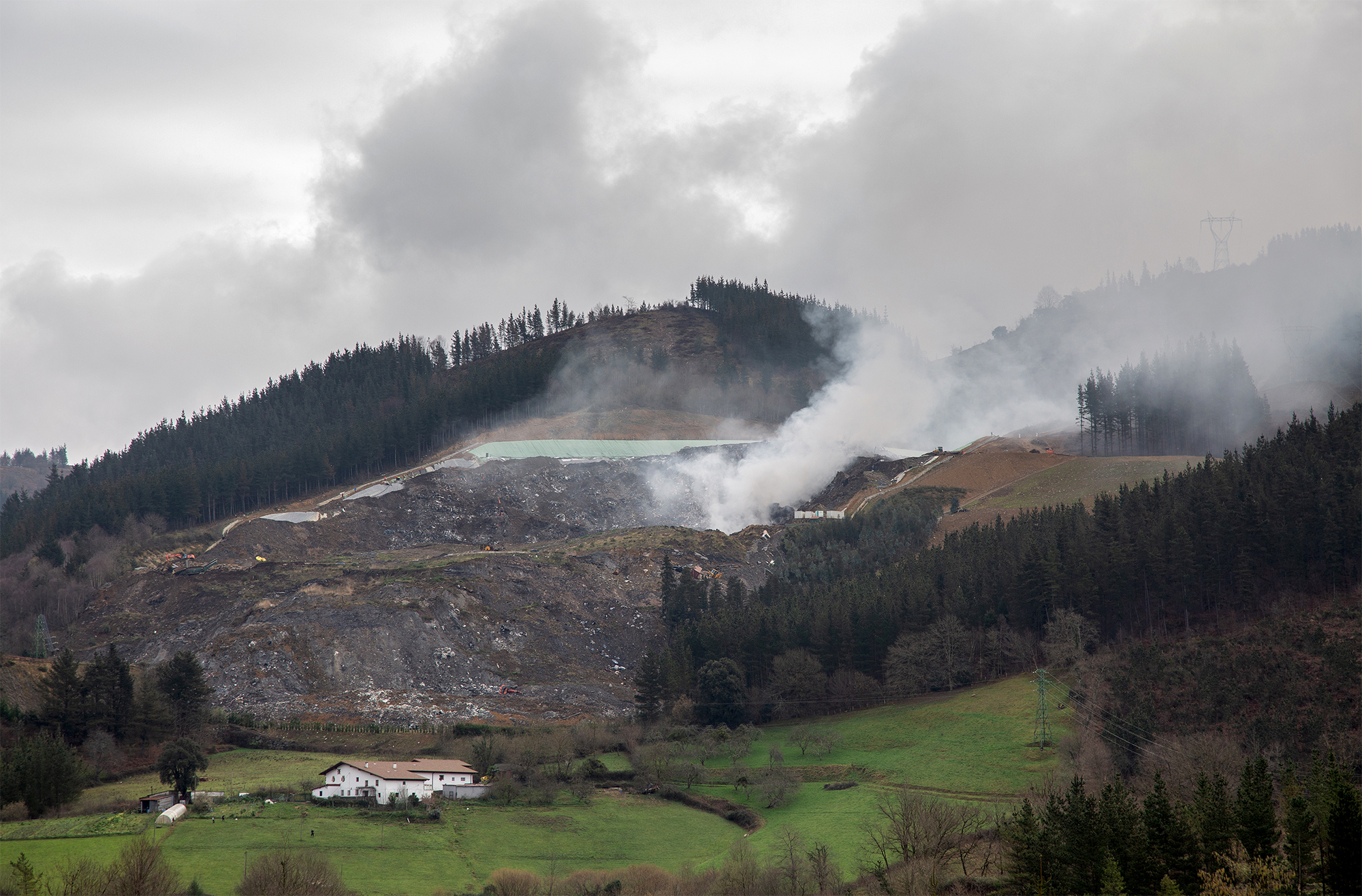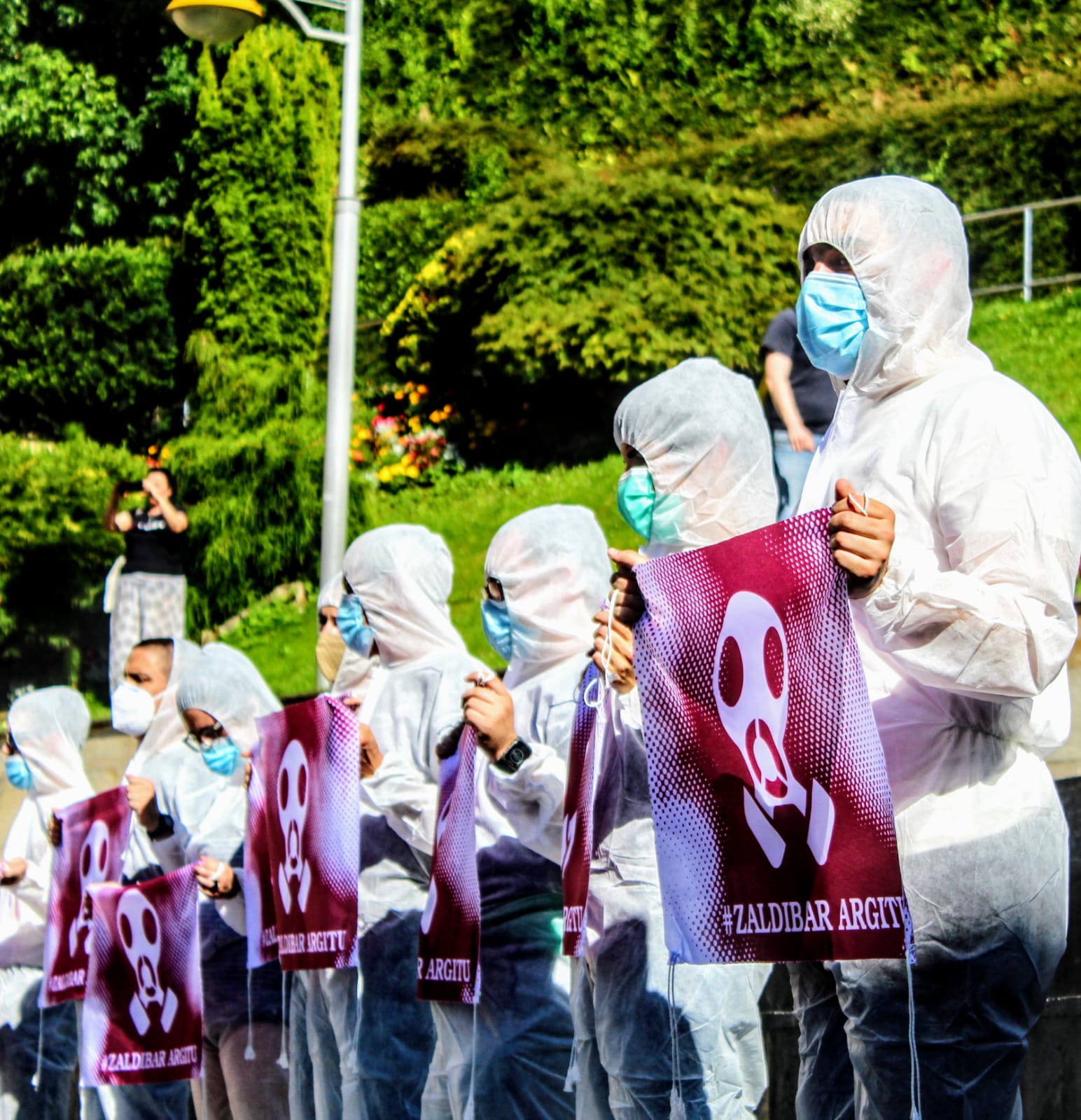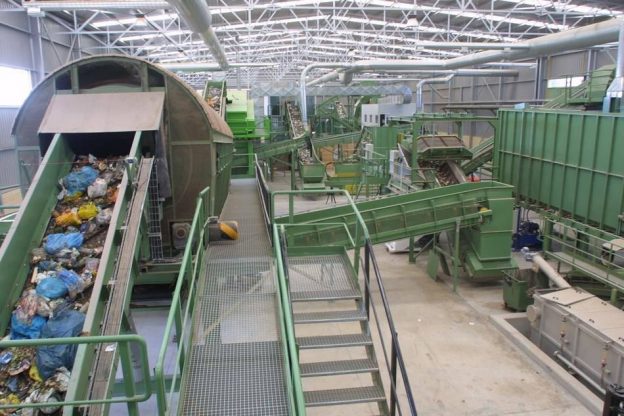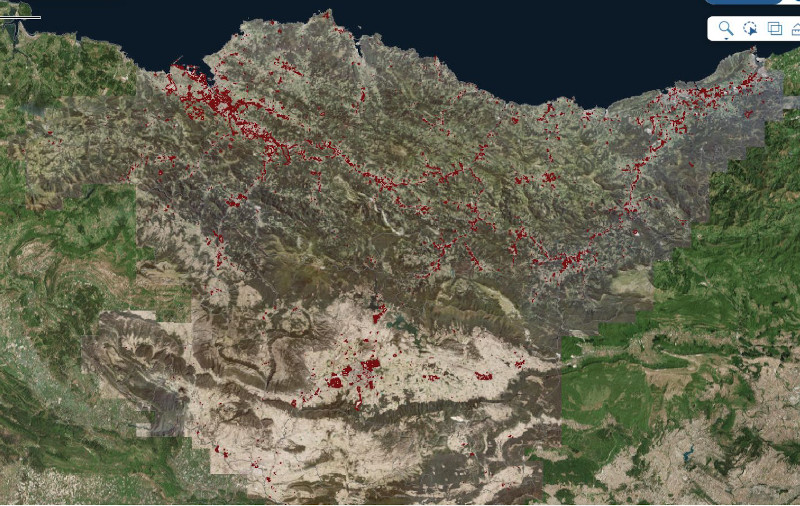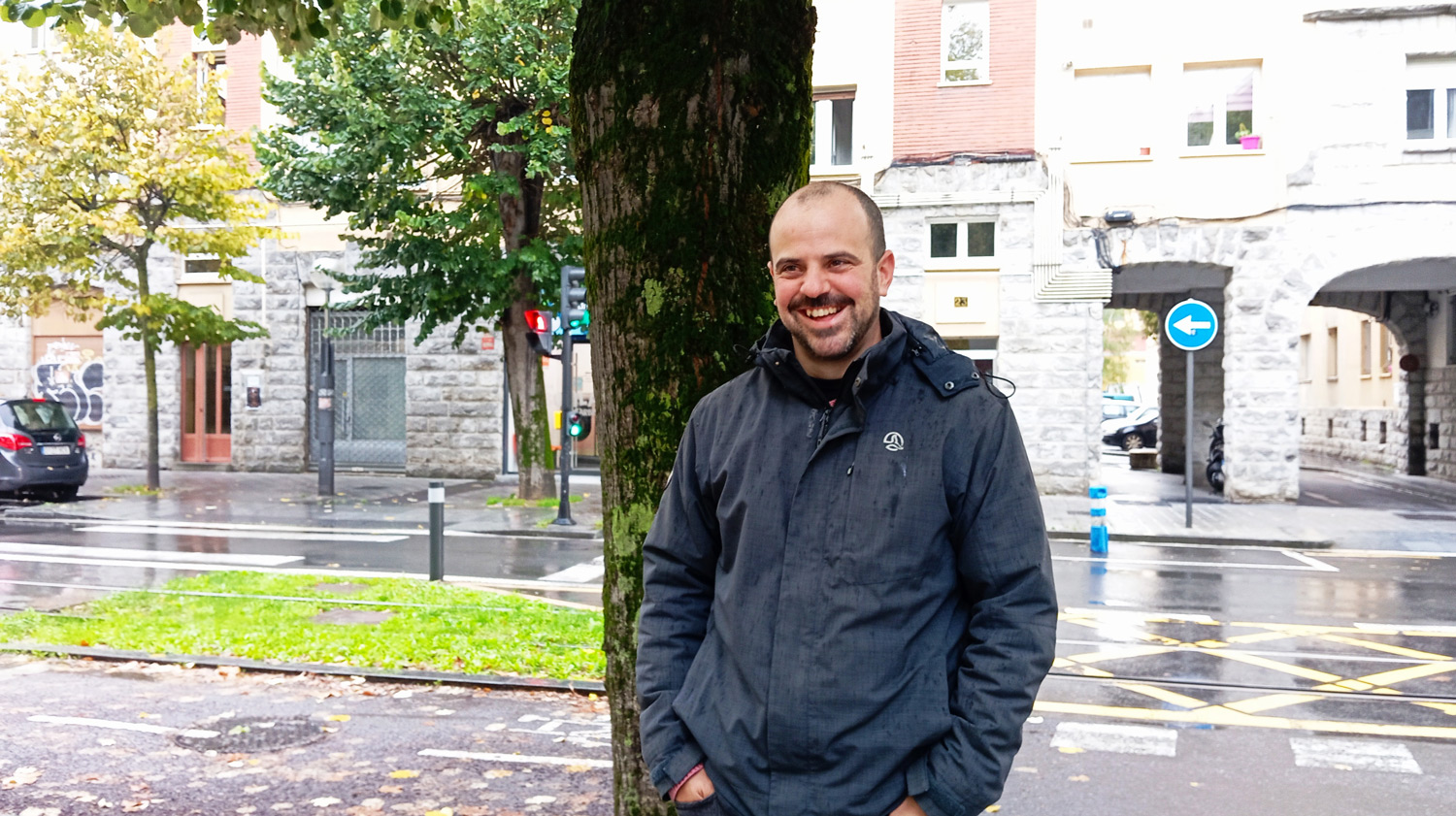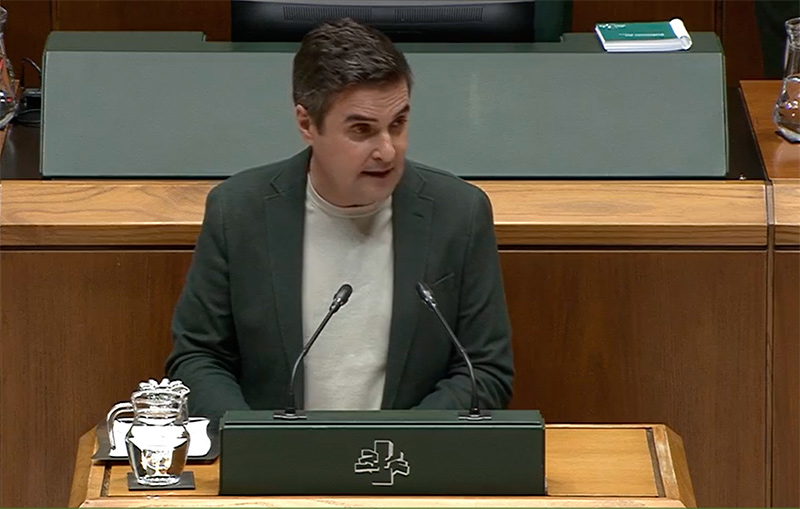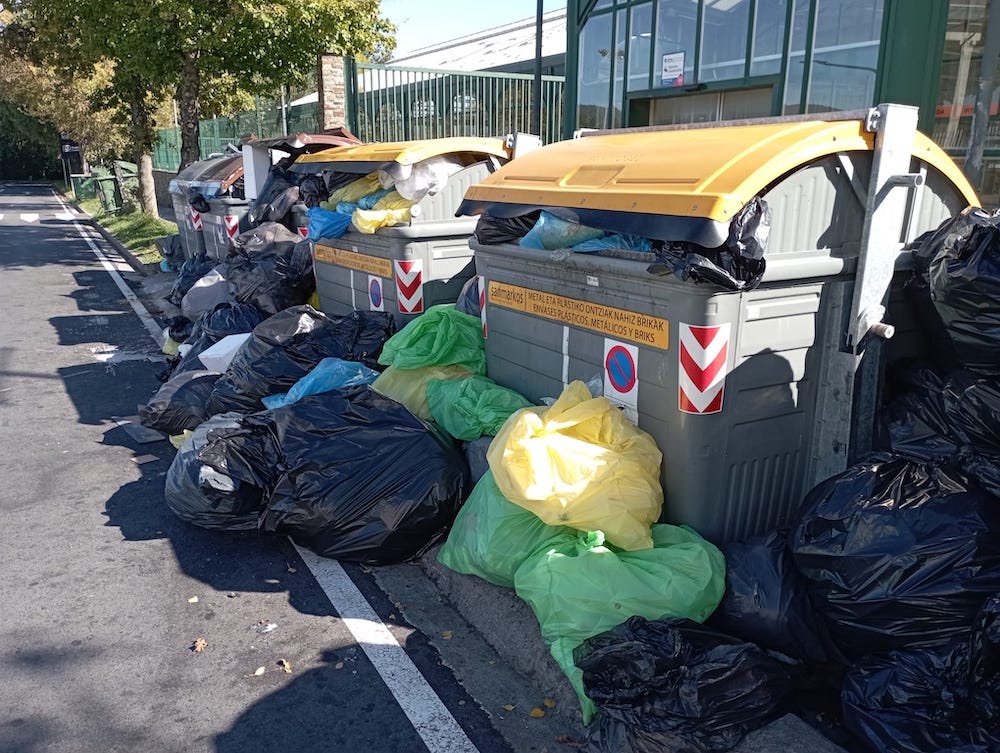Usurbil has also been prohibited from composting with the baserritars part of the organic picked up door-to-door
- The City of Usurbil had a project in place to begin to compost some of the organic waste that it collects door-to-door – 100 tonnes a year – in collaboration with two baserritars of the town, also obtaining the subsidy from the Government of Spain. The GHK consortium has banned it from doing so, as all waste collected is within its competence.

Hernani is not the only locality that has been forbidden to build a small composting plant for its organic waste. The ban even reaches the town of Usurbil, which has built the incinerator at its ends. The Usurbil project is small compared to that of Hernani – 2,000 tonnes a year – 100 tonnes of organic per year (of the 850 tonnes that comes from the total door-to-door, 150 tonnes more are recycled in Community and Community composting). The composting of bio-waste in the municipality itself is an important component of the 0.0 Usurbil program, in the strategic line that the municipality has established in the Circular Economy Advance Plan.
As ARGIA has been aware, the Government of Madrid has carried out this subsidized project in cooperation with the Behemendi association promoting agriculture in Donostialdea. It is intended to place two baserritars of the village in the composting of organic waste of houses mixed with other agricultural residues and to this end the purchases and works have been advanced, among them the special machine to dump the compost pile and the preparation of the soil where the complete operation will take place. Now, with GHK's refusal, it's all in the air.
The option for administrations to manage household organic waste in collaboration with farmers is known in many parts of the world, such as Austria. This management model achieves more than one objective: on the one hand, municipalities obtain in the field a large part of their waste (between 40% and 50% of so-called waste are chamomile) in small and cheap nearby structures; on the other hand, baserritars in a precarious situation are offered a second safe source of income to secure their wages.
In the case of Usurbil and Hernani, there is another practical reason. The bio-waste that these municipalities collect with great purity in the door-to-door system is perfect for high-level compost, but delivered to the GHK mix with other much dirtier organic systems. Thus, on the one hand, the purest as the dirtiest, paying for the same fee to those engaged in the collection of Puerta a Puerta, are damaged; and on the other, the production chain of an ordered and venal compost is interrupted.
The City Hall of Donostia-San Sebastián announced at last Thursday’s plenary session that it will increase the waste rate by 26.5% from January 2025, claiming that Waste Law 7/2022 obliges this. Eguzki, for its part, has denounced that the law only applies in terms of costs,... [+]
August is the holiday month for many people, including those who rule. And yet it is common to take advantage of the month of August to deal with some issues without much noise, albeit of great importance.
This is what is happening with the project to centralize sludge... [+]








